Master - Specialist Doctor 2 Nguyen Ngoc Thao, Deputy Director of Professional Operations at Hoan My Saigon Hospital, said that according to Globocan 2022, stomach cancer ranks 5th, and colorectal cancer ranks 4th among common cancers in Vietnam. Notably, these two types of cancer are on the rise and becoming younger.
"Prolonged stress, lack of exercise, eating a lot of fast food, red meat, grilled food, salty - sour, smoked foods, plus alcohol and tobacco, all contribute to increasing the risk of stomach and colorectal cancer," Dr. Nguyen Ngoc Thao shared on the sidelines of the Scientific Conference on Remarkable Advances in Endoscopy Diagnosis and Treatment of Digestive Tract Diseases organized by Hoan My Saigon Hospital on the afternoon of October 4.
In addition, pathological and genetic factors also play an important role. People who have been infected with HP bacteria, have chronic gastric ulcers, have colon polyps or have a family history of gastrointestinal cancer need to pay special attention. These are all high-risk groups, easily progressing to cancer if not closely monitored.
According to Dr. Thao, regular screening is the key to detecting the disease at an early stage. For high-risk groups, screening should be done every 2-3 years; for low-risk groups, it can be done every 5-10 years. In particular, although the current international recommendation is to screen for colorectal cancer from the age of 45, in reality, Vietnam is recording many younger cases, so early screening should be considered.
"If digestive cancer is detected early, the intervention method will be gentle, less expensive and the treatment will be much more effective. Therefore, regular screening combined with a healthy lifestyle is the key to preventing and controlling this disease," Dr. Thao recommends.
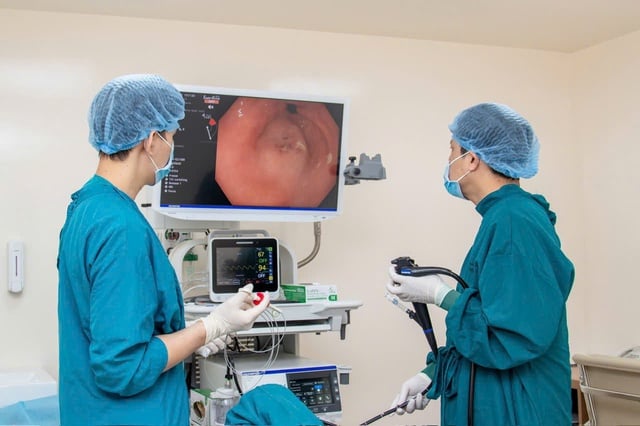
Application of modern endoscopic technology at Hoan My Saigon Hospital
PHOTO: TT
Application of AI in diagnosis of gastrointestinal diseases
Doctor Ho Dang Quy Dung (Head of the Department of Digestive Endoscopy, Cho Ray Hospital) said that screening endoscopy to detect and remove polyps/cancer early helps reduce the incidence and mortality rate of esophageal, stomach and colon cancer.
"With the support of artificial intelligence (AI) during esophageal - stomach - colonoscopy, it helps increase the rate of early cancer detection, polyps... At the same time, it supports polyp classification, thereby providing a suitable treatment plan, choosing whether or not to cut through endoscopy," Dr. Dung shared.
He cited a survey that, from February 1, 2024 to July 31, 2024, 5,309 colonoscopy patients participated in the study. The results showed that the group with AI support in polyp detection was 11% higher than the group without AI application, relying entirely on doctors.
According to Dr. Dung, AI-assisted colonoscopy is effective in cancer screening. Because AI plays a good role in supporting the detection and classification of polyps in colonoscopy, significantly improving the detection rate of polyps and adenomas, especially small polyps, AI provides good accuracy in classifying lesions. AI is making new breakthroughs in many areas of digestive endoscopy.
In treatment, many modern endoscopic techniques have opened up opportunities for minimally invasive, highly effective interventions. These include mucosal resection, submucosal resection, transmural resection (FTA) or transmucosal excavation techniques to treat lesions in the muscle layer and close the opening. Thanks to that, patients are treated at an early stage, minimizing complications and improving quality of life.
Application of advanced technology in endoscopy diagnosis and treatment of digestive diseases
On the afternoon of October 4, Hoan My Saigon Hospital organized a workshop on "Remarkable advances in endoscopy and treatment of gastrointestinal diseases" with the participation of a team of doctors, medical staff and leading experts in the same field.
Speaking at the opening ceremony of the conference, Dr. Nguyen Ngoc Bao Long - Director of Hoan My Saigon Hospital shared that gastrointestinal endoscopy has undergone a very rapid and strong development process in recent decades. From only being able to observe basic lesions, today, endoscopy is not only a diagnostic tool but also an effective, minimally invasive treatment method, gradually replacing conventional surgeries. It is possible to mention the advances in endoscopic technology such as magnifying endoscopy, virtual staining, ultrasound endoscopy, modern techniques such as submucosal dissection, endoscopic muscle resection...
The development of treatment techniques and the application of modern endoscopic technologies have helped thousands of patients detect lesions at a very early stage, intervene more safely on the digestive tract, biliary tract, and pancreas, reduce hospital stay, improve quality of life, and bring great practical value in the strategy of prevention, screening, and treatment of these dangerous diseases.
Source: https://thanhnien.vn/bac-si-vi-sao-ung-thu-da-day-dai-truc-trang-ngay-cang-tre-hoa-185251004133419102.htm


![[Photo] Prime Minister Pham Minh Chinh chairs the Government's online conference with localities](https://vphoto.vietnam.vn/thumb/1200x675/vietnam/resource/IMAGE/2025/10/5/264793cfb4404c63a701d235ff43e1bd)
![[Photo] Opening of the 13th Conference of the 13th Party Central Committee](https://vphoto.vietnam.vn/thumb/1200x675/vietnam/resource/IMAGE/2025/10/6/d4b269e6c4b64696af775925cb608560)




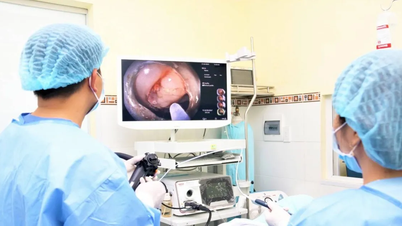







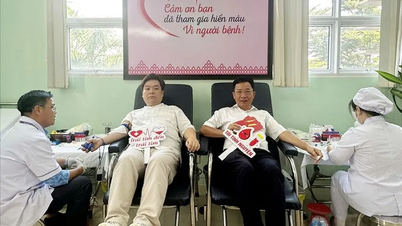
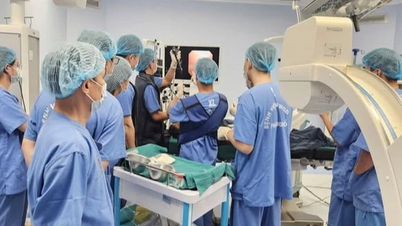

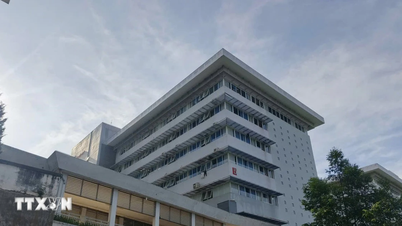

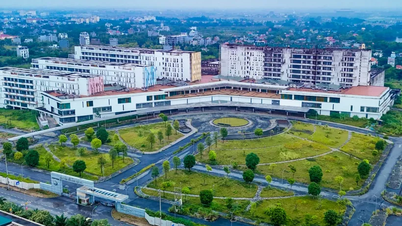













![[Photo] Prime Minister Pham Minh Chinh launched a peak emulation campaign to achieve achievements in celebration of the 14th National Party Congress](https://vphoto.vietnam.vn/thumb/1200x675/vietnam/resource/IMAGE/2025/10/5/8869ec5cdbc740f58fbf2ae73f065076)









































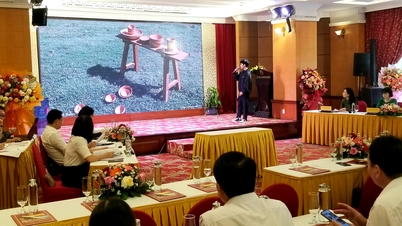




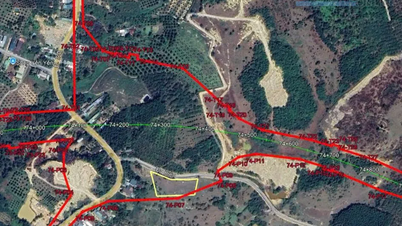

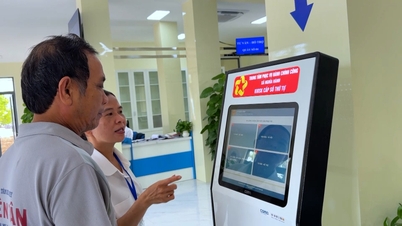














Comment (0)